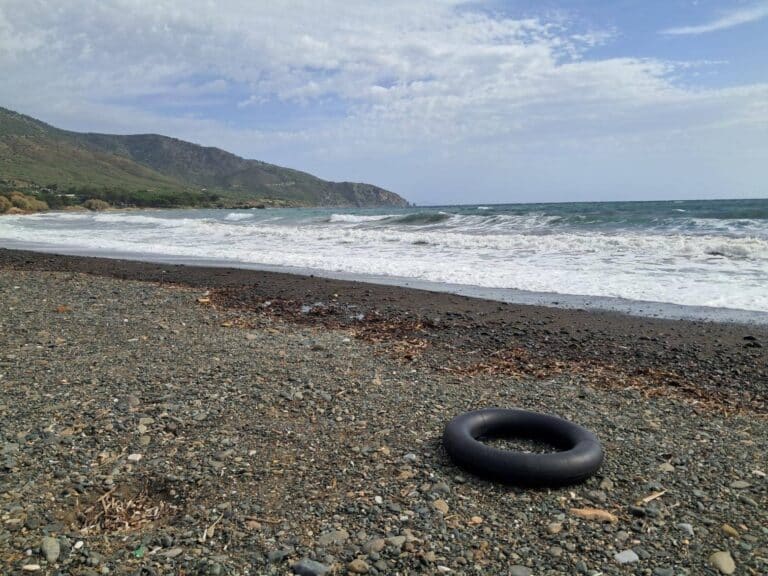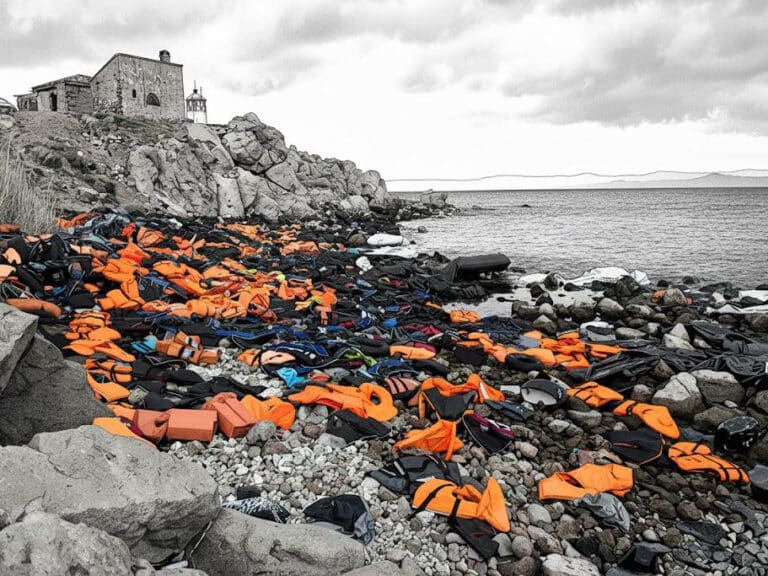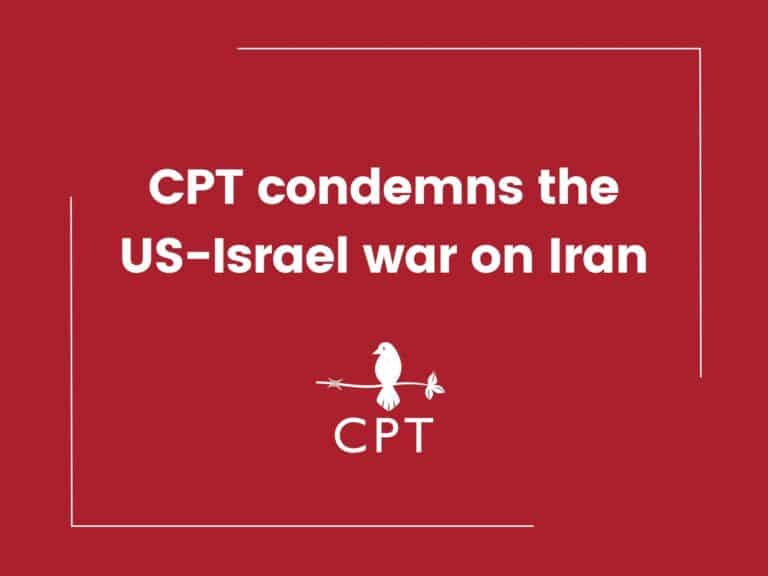CPTnet
21 December 2017
INDIGENOUS PEOPLES’ SOLIDARITY: Struggle,
promise, despair, repeat–Indigenous rights activism in the age of ‘reconciliation’
| Last November 2016, CPTers accompanied a women-led, silent, peace procession at Standing Rock (ND). |
On 5 December, Cree Member of Parliament
(MP) Romeo Saganash “extended his hand…for reconciliation to all Canadians and
all Parliamentarians” with a 2nd reading of Bill C-262: the
Indigenous Human Rights Act. During the first hour of debate in the House of
Commons, the Liberal party affirmed their support for the Bill and the
implementation of the UN Declaration on the Rights of Indigenous Peoples.[1]
In response to the 2nd reading
of Bill C262, esteemed Mohawk activist, Ellen Gabriel, blogged:
As in Canada’s opposition to the support
of the Declaration 10 years ago, the current government of Canada continues to
agonize over the notion of what it views as a right of “veto” by Indigenous
peoples in regards to development. Having experienced firsthand the malicious
deceptions and deflection from the government bureaucrats, I have a cynical
view of what happened in Parliament on December 5, 2017. The bureaucratic culture
embedded in Canadian politics is one which organizes and creates policies that
delay justice for Indigenous peoples until the next election when another
government can find more administrative red tape of exhaustive criteria for
even just beginning discussions.[2]
These days it can be easy to get caught up
in the hype of “reconciliation,” especially if we ignore the decades of struggle
Indigenous peoples, such as Ellen Gabriel and Romeo Saganash, and their allies
have invested to advance Indigenous rights in Canada. While we celebrate support
for Bill C-262, we are also reminded of the regressive steps governments are
taking towards the land and Indigenous peoples, such as federal approval of
Kinder Morgan and Line 3 pipeline projects as well as the construction of Muskrat
Falls dam in Labrador and the Site C dam on Peace River in Treaty 8 territory.
In these times, “reconciliation” can be a form of Orwellian doublespeak.
For example, many had hoped the British
Columbia election of Green and New Democratic Party minority government—the
more “progressive” parties—would put the final nail in the coffin of the estimated
$10.7 billion Site C dam project. To the chagrin of many people, the government
made an about-face in announcing its approval despite its election promises. This
decision violates the Crown’s Treaty obligations and threatens to flood the
traditional territory of West Moberly and Prophet River First Nations despite
their opposition.[3] Both
First Nations are now seeking a court injunction to halt construction.[4] a
So, what was BC Premier John Horgan’s
response to his government’s broken promises for reconciliation and fully
implementation of the Declaration? “When it comes to reconciliation or
working with Indigenous leadership, look, there has been over 150 years of
disappointment in British Columbia. I am not the first person to stand before
you and disappoint Indigenous peoples.”
For Canadians desiring reconciliation with
Indigenous peoples based in justice, we have an uphill battle ahead of us to
ensuring Indigenous rights are respected and fully implemented on the ground. The
hard truth is that we have no reason to have faith in government rhetoric or
electoral politics. As Ellen Gabriel and the experience of other Indigenous
rights activists indicate, ensuring implementation of Indigenous rights on the
ground, such as the right of free, prior and informed consent, will require strong
alliances, bold and effective advocacy strategies, and often, direct
confrontations with the powers that be (i.e., struggle) to stop this colonizing, capitalist juggernaut that
continues to put profit and economic growth before the land and its peoples.
Do you want to accompany the IPS team as they continue to accompany our Indigenous partners? donate
[1] https://openparliament.ca/debates/2017/12/5/romeo-saganash-1/
[2] https://sovereignvoices1.wordpress.com/2017/12/05/bill-c-262/
[3] https://www.desmog.ca/2017/12/11/b-c-first-nations-call-injunction-site-c-they-prepare-civil-suit
[4] https://www.sagelegal.ca/news-blog-1/2017/12/11/press-release-west-moberly-and-prophet-river-first-nations-to-seek-injunction-launch-site-c-infringement-action



